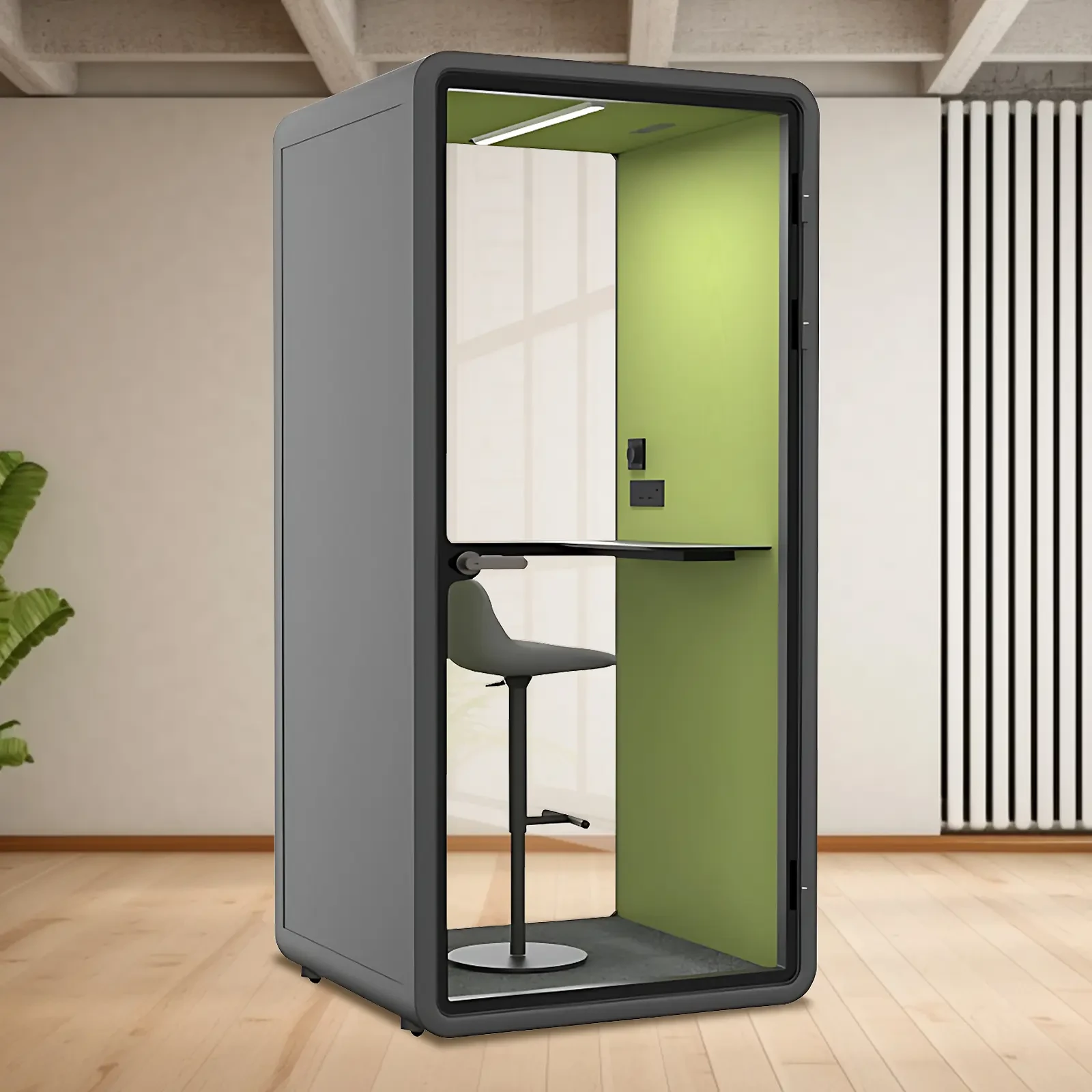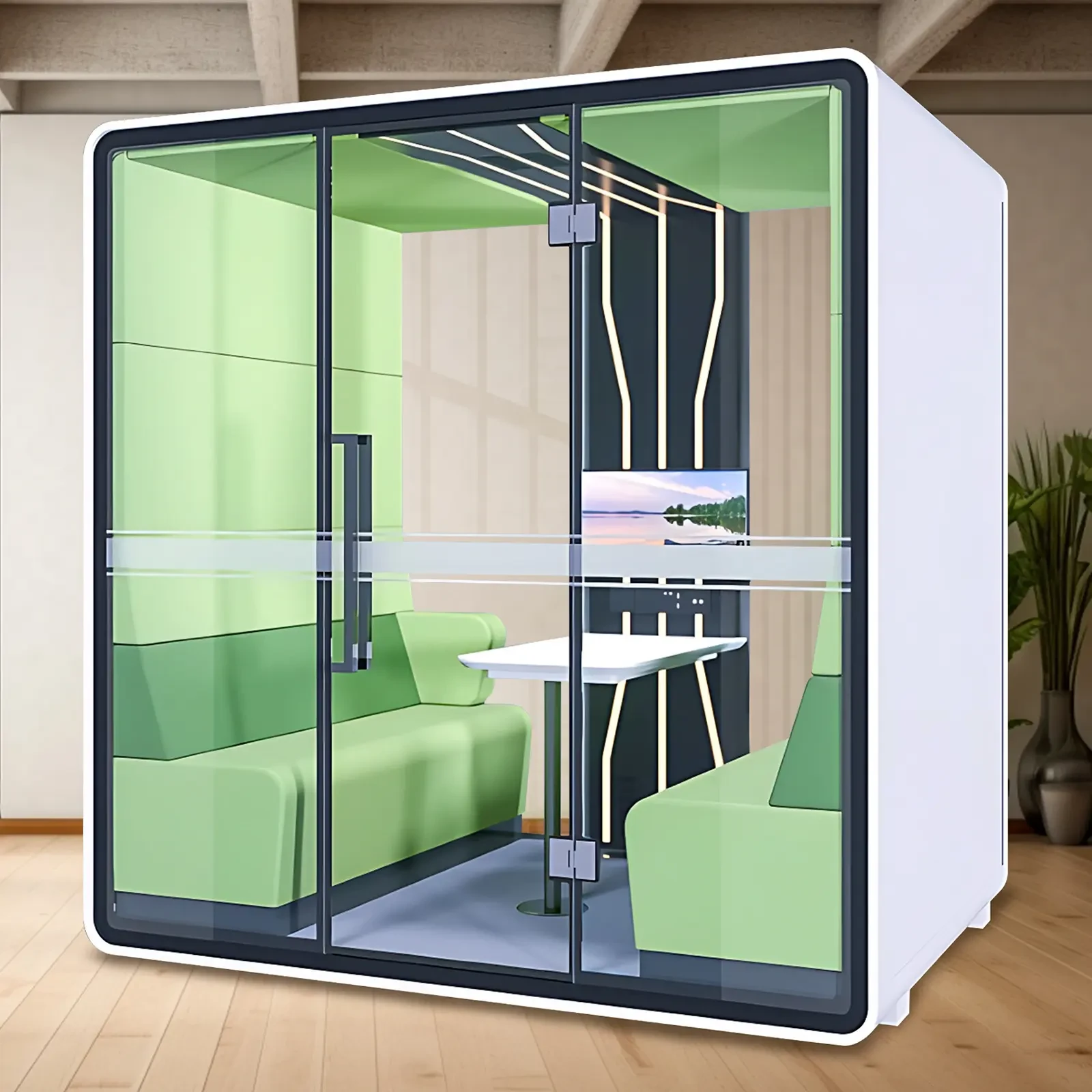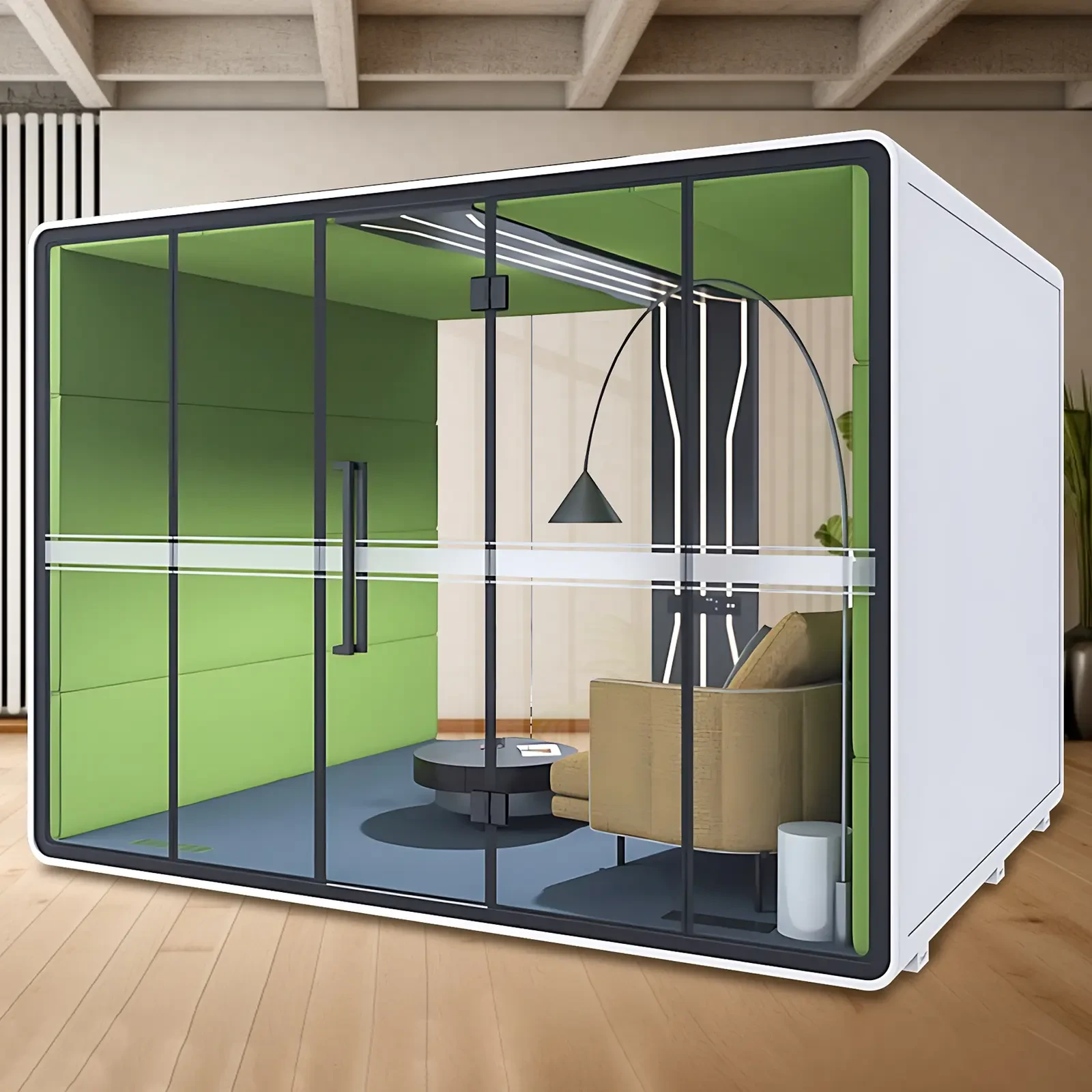When it comes to environmental pollution, people may first think of the atmosphere, soil, and water. However, noise pollution, an invisible and intangible entity, has equally significant impacts on us. As a serious "urban disease," noise pollution is increasingly becoming a focal point in modern urban life.
"I want to be quiet" is indeed difficult.
Noise pollution is becoming a shortcoming of the urban environment. According to the "2017 China Environmental Noise Pollution Prevention and Control Report" recently released by the Ministry of Environmental Protection, relevant departments received a total of 1.19 million environmental complaints in 2016, of which 522,000 were noise complaints, accounting for 43.9% of the total. Furthermore, the larger the city, the more severe the noise pollution.
From an environmental protection perspective, all unwanted sounds are collectively referred to as "noise." Noise comes from a variety of sources. In addition to daily noise from construction sites and road traffic, nighttime outdoor food stalls and community square dancing activities can also contribute to noise pollution.
Noise problems are often particularly noticeable at night, when everything should be silent. In 2016, a total of 309 cities at the prefecture level and above reported sound environment quality monitoring data for their functional areas. A total of 21,624 daytime and nighttime monitoring points were monitored across various functional areas. The compliance rate for daytime monitoring points reached 92.2%, while the compliance rate for nighttime monitoring points was 74.0%.
The Noisiest "Health Killer"
Noise is more than just a nuisance. Medical research shows that noise pollution has a significant impact on human health. The "Burden of Disease from Noise Pollution" report, published by the World Health Organization and the European Commission's Collaborative Research Center, states that noise not only causes irritability, poor sleep quality, and dizziness, but can also cause heart disease, learning disabilities, and tinnitus. Noise pollution has become the second most decibel environmental factor affecting human health, second only to air pollution.
According to relevant Chinese standards, noise levels in residential areas should not exceed 55 decibels during the day and 45 decibels at night. Even in areas near transportation routes, daytime noise levels should not exceed 70 decibels. However, with economic and social development, the cities we live in are becoming increasingly noisy. Taking traffic noise as an example, 2016 daytime road traffic noise monitoring results in municipalities and provincial capitals showed that cities like Harbin, Shenyang, and Jinan were severely affected by traffic noise pollution, with average daytime equivalent sound levels reaching 70 decibels.
Noise control requires concerted efforts from all parties.
Currently, relevant national departments and local governments at all levels are actively implementing various measures to strengthen the prevention and control of environmental noise pollution. In 2016, a total of 29 laws, regulations, and documents related to the prevention and control of environmental noise pollution were issued. Cities at the prefecture level and above nationwide conducted monitoring programs covering nearly 80,000 locations for the acoustic environment quality of functional areas, the daytime regional acoustic environment quality, and the daytime road traffic acoustic environment quality. Local governments at all levels also implemented automated environmental noise monitoring and "Green Exam Protection" initiatives to ensure improved acoustic environment quality.
Beyond the urban governance efforts of relevant departments, urban noise issues are also gradually gaining public attention. Among all types of environmental noise complaints, construction noise tops the list, followed by social noise from bars, karaoke bars, businesses, and neighborhood noise.
There are clear regulations regarding nighttime noise from construction. With sufficient attention and strict enforcement, monitoring is not difficult. However, the more challenging issue is social noise, which has complex sources and multiple regulatory bodies. The public is often both the victim and the noise generator, making it even harder to clarify responsibilities.
So, how can ordinary residents maintain their own peace and quiet? Experts point out that first, one must clearly understand their rights and interests. For example, Beijing prohibits noisy renovations in residential buildings from 12:00 to 14:00 on statutory holidays and holidays, and from 18:00 to 8:00 on weekdays. Second, if noise problems are encountered, people can report them by calling the Ministry of Environmental Protection's 12369 hotline. At the same time, people should strengthen self-discipline, starting with themselves, and raise their awareness of environmental ethics.

 USD
USD
 GBP
GBP
 EUR
EUR






